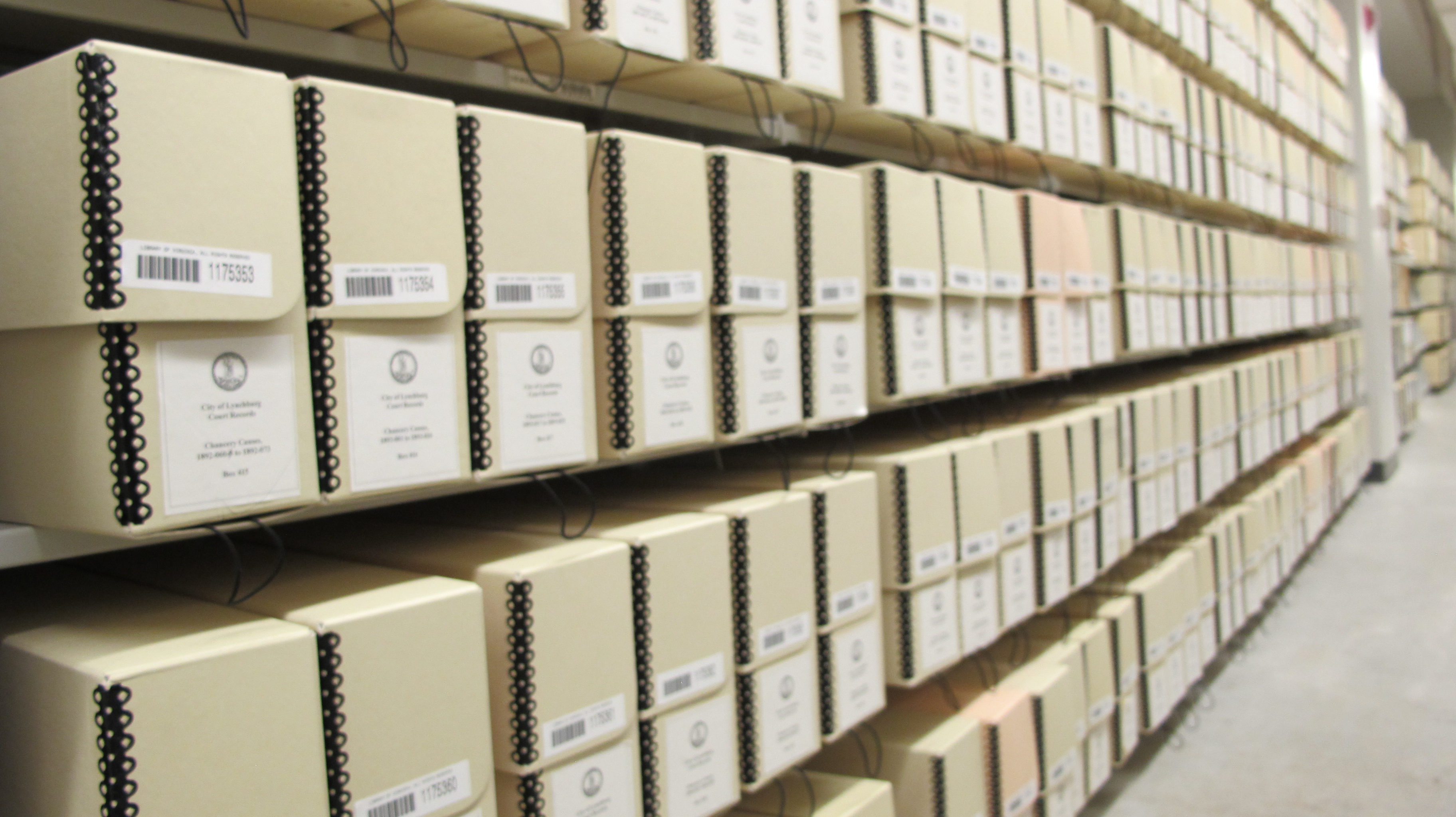Three years old.
This was the age of Charles Bell, a free African American boy living in Frederick County, on 31 July 1857, when James Bowles and William Gold, local overseers of the poor, entered into an agreement binding him to Nathaniel C. Lupton until the age of twenty-one. This agreement, known as an indenture of apprenticeship, is a bond or contract entered into by two parties, the one part generally being a parent, guardian, or agent responsible for the child, and the other part being the master. These documents are valuable sources for genealogists and for those interested in social history, due to the information found in these otherwise rather dry legal documents. This information includes: names of masters, apprentices, and various county agents (overseers of the poor, Freedmen’s Bureau agents, County Court officials, etc.); ages or birthdates of apprentices; the trade or skills to be learned; terms or responsibility of both the apprentice and master; length of apprenticeship; and amount of bond to be paid.
Bell, Charles (M, 3): Indenture of Apprenticeship, Frederick County binding Charles to Nathaniel C. Lupton .
Indenture of Apprenticeship, Frederick County, 1857, Frederick County (Va.) Apprenticeship Indentures, 1780-1900. Local government records collection, Frederick County Court Records. The Library of Virginia, Richmond, Va. 23219
Bell, Charles (M, 3): Indenture of Apprenticeship, Frederick County describing the obligations of the master (Nathaniel Lupton) to the apprentice (Charles Bell)
Indenture of Apprenticeship, Frederick County, 1857, Frederick County (Va.) Apprenticeship Indentures, 1780-1900. Local government records collection, Frederick County Court Records. The Library of Virginia, Richmond, Va. 23219
Although apprenticeships were common practice for both white and black children in the United States (in fact, both Benjamin Franklin and Andrew Johnson served as apprentices) the binding out of African American children occurred with far less discretion. While many facets of the era’s endemic racism contributed to this, the mere process to bind out a child exacerbated the issue. Usually, only a parent or guardian could bind out their child for apprenticeship. However, orphaned children or children of impoverished parents relying on assistance from the county’s overseers of the poor served as an exception.
Created by the Virginia General Assembly in 1780, the post of overseer of the poor began as an effort to shift the responsibility of social welfare (proving food, clothing, shelter, and medical welfare) from the traditional Anglican vestries to an elected body of officers for each county. With this new responsibility, overseers of the poor could bind out children as apprentices through an order of the county court, assigning boys to learn a trade until age 21 and girls to generally acquire domestic skills until age 18.
Prior to 1866, African American children bound out in these apprenticeships were almost always free. Free African American families, subject to the same taxes and social responsibilities as whites, were at greater risk of poverty in both the north and south due to the availability of cheaper slave labor in manual and skilled trades, competition with white professionals for similar jobs, and the constant navigation of discriminatory laws and practices.
Although in need of relief and resources similar to poor whites, free African Americans were in many cases dismissed or ignored by overseers of the poor due in part to the racial and economic hierarchies of the period.
These inequalities continued after the Civil War, when the overseers of the poor and Freedmen’s Bureau shared the responsibility of binding out newly freed African American children as apprentices. While in some counties the Bureau practiced due diligence in securing positive placements for African American children, others allowed conditions similar to those experienced by slaves. Some Bureau officials and overseers of the poor even ignored claims of parents or relatives separated from children due to the war or slavery, binding out children without consent.
Bell, Charles (M, 3): Indenture of Apprenticeship, Frederick County showing economic situation, the birthday, and intended occupation of Charles.
Indenture of Apprenticeship, Frederick County, 1857, Frederick County (Va.) Apprenticeship Indentures, 1780-1900. Local government records collection, Frederick County Court Records. The Library of Virginia, Richmond, Va. 23219
In the instance of Charles Bell, the circumstances surrounding his specific apprenticeship are unknown. However, his indenture along with the hundreds of other children represented in this record group help to shape a narrative for a population in many cases overlooked by history. African American, poor, and minors in the eyes of the law, these children often felt the brunt of the inequalities of American social and legal practices. Through these indentures of apprenticeship, we can at least learn these children’s names, possible future professions, and even birthdays in an effort to uncover the lives they lived.
Original copies of Indentures of Apprenticeship are arranged by county and available in the Library of Virginia’s Archives and Manuscripts Room; however, you can also digitally access the Indentures of Apprenticeship of Free African Americans and Freedmen’s Bureau Indentures of Apprenticeship through the Library’s Virginia Untold: The African American Narrative database. You can also assist with transcribing this group of records by visiting the Making History: Transcribe site and searching for Indentures of Apprenticeship.
-Mary Ann Mason, Local Records Archivist










One Comment